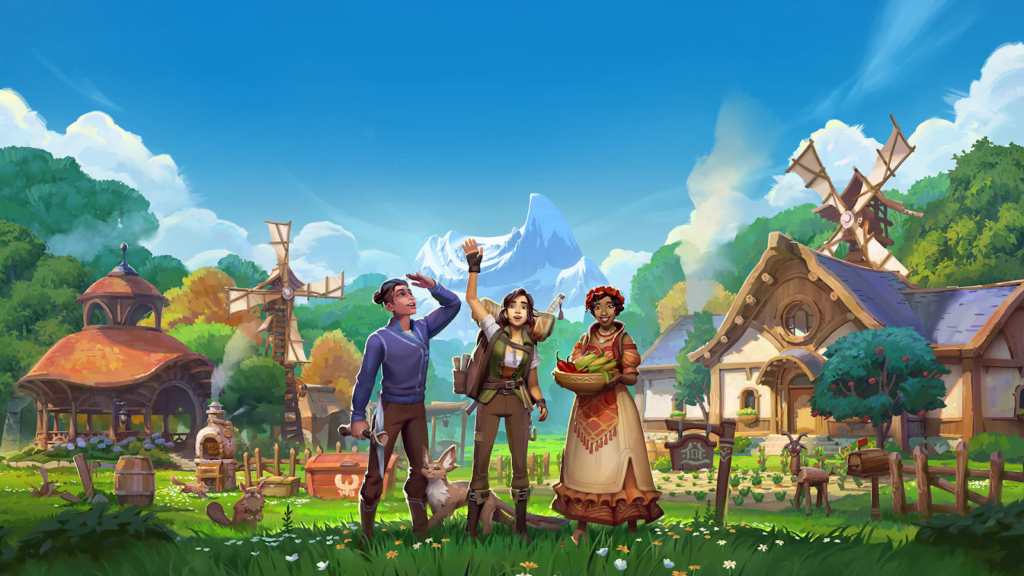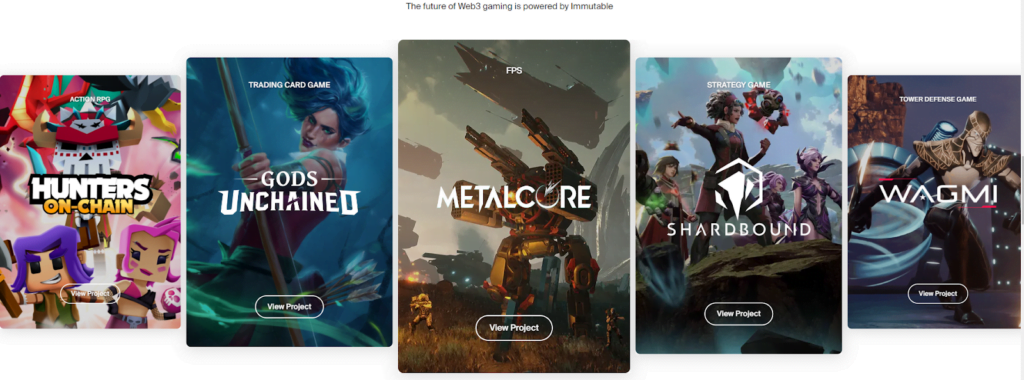Research Summary
The report discusses the resurgence of music games, led by platforms like Fortnite and Roblox, and the evolving relationship between the music and gaming industries. It highlights the challenges and opportunities in the genre, including licensing costs, user acquisition, and the potential for gaming platforms to serve as music discovery channels.
Key Takeaways
Resurgence of Music Games
- Revival of Interest: The report notes a resurgence in music games, driven by evolving dynamics within the gaming and music industries. New distribution channels and free-to-play models are attracting consumers back to the genre.
- Successful Models: Games like Beatstar and Beat Saber exemplify successful monetization strategies in the music game genre. Beatstar, a mobile music game, achieved 38M downloads and $73M in first-year revenue, while Beat Saber, a VR music game, leads the genre in revenue with $255M in lifetime revenue by October 2022.
Challenges in Music Gaming
- High Licensing Costs: The report highlights the high cost of licensing music from dominant record companies as a significant challenge for music games. For instance, Beatstar sent 22% of its revenue to licensors in its first year.
- Profitability Concerns: High user acquisition costs and platform fees, combined with licensing expenses, challenge the profitability of games with licensed music. For every dollar from in-app purchases in Beatstar, Space Ape might lose $0.11.
Music and Gaming Synergy
- Music Discovery Channels: Platforms like Fortnite and Roblox, with their large user bases, represent new channels for music discovery and monetization. This could potentially impact how record labels price music for distributors and manage new channels like TikTok.
- Music Promotion Strategies: Music labels may increasingly consider Fortnite as a critical component of their artist promotion strategies, recognizing its potential to attract and engage the platform’s audience.
Future of Music Gaming
- UGC Capabilities: Fortnite’s user-generated content capabilities could potentially support music creation, offering a more sophisticated and impactful approach than predecessors like Guitar Hero and Rock Band.
- Revival of Franchises: The potential revival of the Guitar Hero franchise could further energize the music gaming genre. Tech and gaming conglomerates with music divisions, such as Sony, NetEase, and Tencent, are positioned to explore revenue synergies and cross-promotion opportunities.
Actionable Insights
- Explore New Monetization Strategies: Game developers should explore new monetization strategies, such as free-to-play models and in-app purchases, which have proven successful in the music game genre.
- Consider Licensing Alternatives: Developers could consider alternatives to licensing music from dominant record companies, such as using cover bands or original, unlicensed music, to reduce costs.
- Leverage Gaming Platforms for Music Discovery: Record labels and distributors should consider leveraging gaming platforms as channels for music discovery and promotion, given their large user bases and potential for engagement.
- Investigate Cross-Promotion Opportunities: Tech and gaming conglomerates with music divisions should investigate opportunities for cross-promotion and revenue synergies in the music gaming genre.












